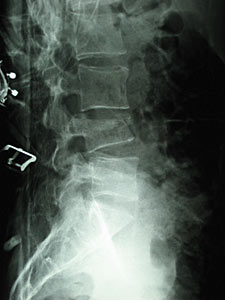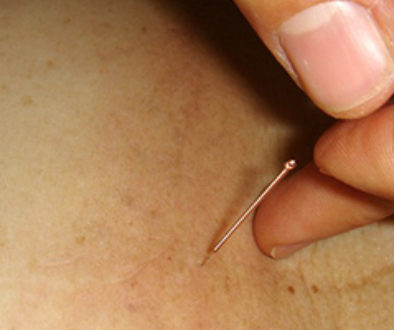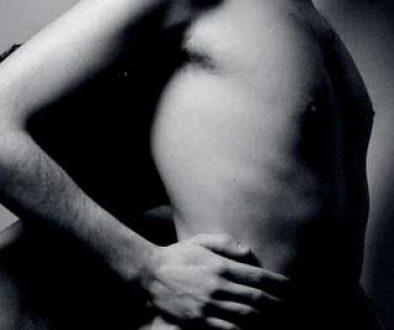Depression and Back Pain
 Back pain includes depression, which emerges from fractures. Fractures include pathologic, complete/incomplete, avulsion, comminuted, depressed, compression, and oblique, greenstick, simple, compound, spiral, and transverse. The conditions noted in hip fractures include intracapsular, Intertrochanteric, and extracapsular. Each problem rests within the blood vessels, yet it starts with fractures. Blood vessels make up the arteries, capillary, and veins. As you can see chest pain can lead to back pain, since the blood vessels travel. Overexerting the bones can cause fractures, which lead to depression and related symptoms.
Back pain includes depression, which emerges from fractures. Fractures include pathologic, complete/incomplete, avulsion, comminuted, depressed, compression, and oblique, greenstick, simple, compound, spiral, and transverse. The conditions noted in hip fractures include intracapsular, Intertrochanteric, and extracapsular. Each problem rests within the blood vessels, yet it starts with fractures. Blood vessels make up the arteries, capillary, and veins. As you can see chest pain can lead to back pain, since the blood vessels travel. Overexerting the bones can cause fractures, which lead to depression and related symptoms.
In fact, damage here may derive from osteomyelitis, Cushing’s syndrome, bone tumors, aging, malnutrition, immobility, multiple myeloma, osteoporosis, trauma impacts, and so on. Fractures can lead to serious back pain. When fractures break the bones, it affects the bone covering known as penosteum. The covering is transparent and has a rich outlay of neurons. Fractures often are caused by trauma impacts, such as car accidents, falls from horses, etc.
The signs:
If neurological conditions are, involved the patient will feel toe numbness. The legs and feet may feel weak. Abolish reflexes are reduced if the fracture is at the lower region of the back. Muscle spasms and muscle reflexes often occur at the higher area of the back. If you have such fracture, bed rest is recommended to reduce the pain. If acute back conditions exist, experts will need to assess the problem. Broken back is an acute condition, which you should avoid rolling, or logrolling.
Fractures include the stable and unstable breaks. If the fracture is unstable, it can severely damage the spine. In such case, the doctor will surgically correct the problem or recommend that the patient wear a cast. The damage can tear the nerves. If you feel you have broken your back, you are wise to avoid atypical movement, since it will progress the problem when pressure is applied to the area.
If the fracture is spontaneous, the doctor can help minimize the pain by prescribing a brace. You will need to avoid applying weight to the area where the fracture rests. Bad falls can break the coccyx, which can sit in coccygodynia. Below the triangular bones at the lower back and near the baseline of the spinal column, the hips are joined with bones that set on either side and form parts that connect to the pelvis. (Sacrum) This area joins with five merging bones, which are fused with the sacrum and is commonly known as the coccyx.
Fractures emerging from the coccyx may include bruising of the periosteum, which is treated by steroid injections. Periosteum is a membrane, which the connective’ tissues meticulously empower each bone within the skeletal structure, excluding the articular exteriors.
Fractures can also invent bursitis. When one of the bursa is disrupted it will inflame, swell, and cause pain. The problem emerges from friction. Friction is often increased when bursitis starts, since instead of separating particular tissues, the fluids emerging from bursa stand in the way. Bursitis includes obturator internis, trochanteric, and ischial. Bursa conditions such as the named rest near the buttocks, lower back, and hip.
To avoid bursitis you may want to avoid sitting, standing, or lying in one position at all times. Instead, shift your resting states. Doctors will often inject a mixture of anesthetic lidocaine and steroids to correct bursitis.
In addition to fractures and bursitis, back pain can start from gynecological conditions. The condition is related to reproductive organs and disease. Females are the prime targets who experience pain from this condition. The condition causes pain, swelling, and inflammation. The condition will affect the spinal cord.

